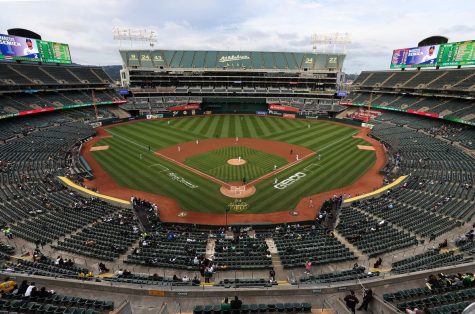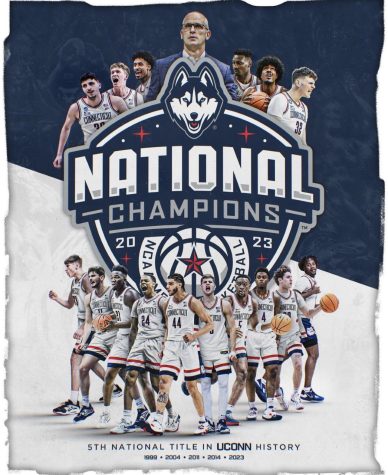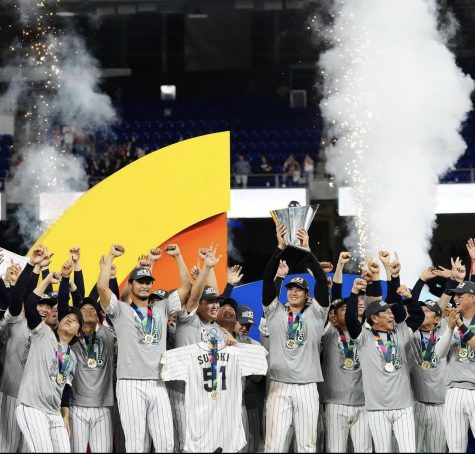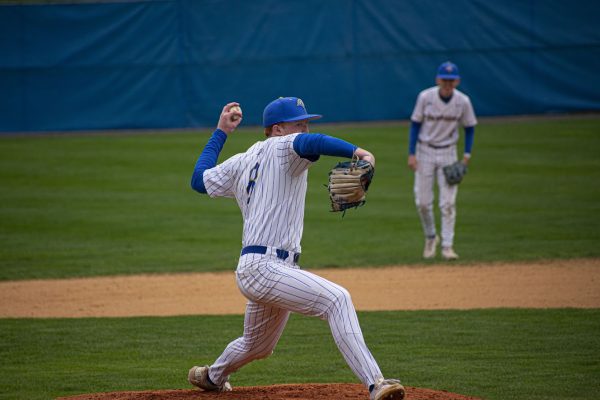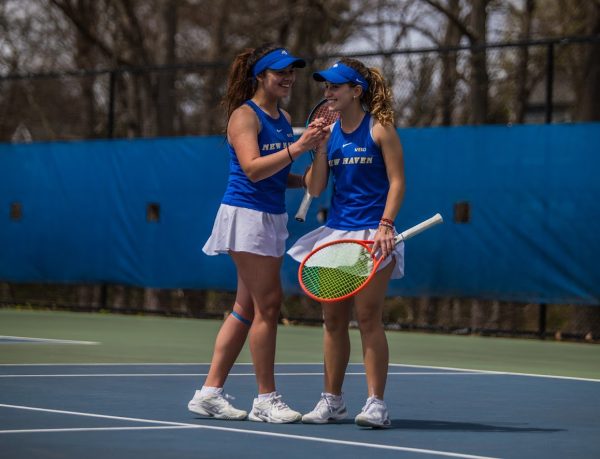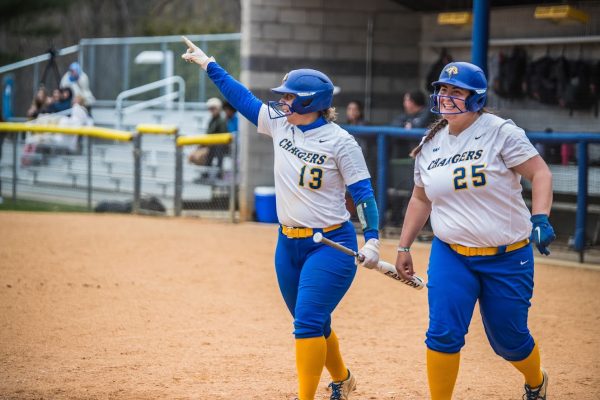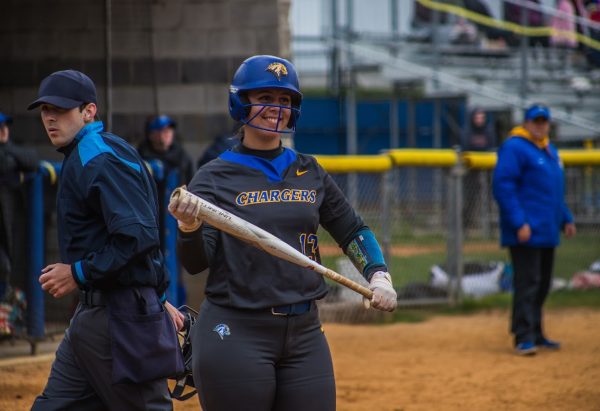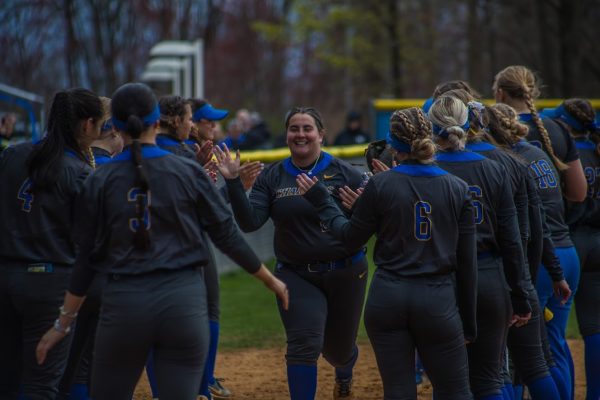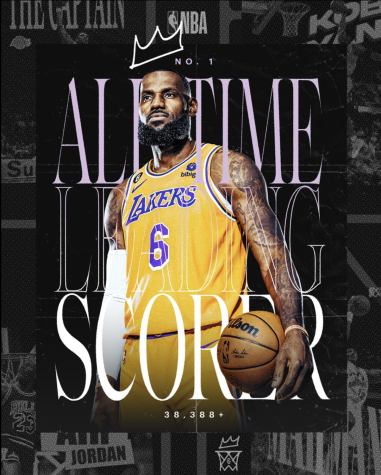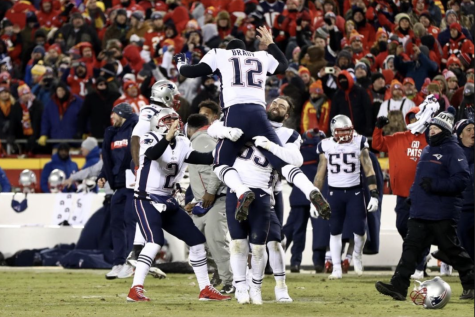The battle on Native American mascots continues
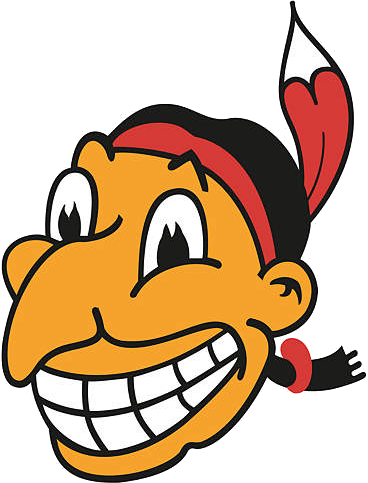
Photo Courtesy of Creative Commons
Earlier this week it was announced the Cleveland Indians controversial “Chief Wahoo” logo will be retired following 2018 MLB season. The logo will be removed from all aspects of the uniform and will be replaced with the Indians primary block C logo. The team had been pressured by MLB to remove the logo for the past few years, but the team hadn’t budged until now.
“Major League Baseball is committed to building a culture of diversity and inclusion throughout the game. Over the past year, we encouraged dialogue with the Indians organization about the clubs use of the Chief Wahoo logo,” said Major League Baseball Commissioner Rob Manfred in a statement. “During our constructive conversations (Indians team owner) Paul Dolan made clear that there are fans who have a longstanding attachment with the logo and its place in the team’s history. Nonetheless, the club ultimately agreed with my position that the logo is no longer appropriate for on field use in Major League Baseball.”
With all this news about MLB and their stance on the Native American nickname/logo issue, the NFL also took to the press to address one of their many problems. The Washington Redskins. NFL commissioner Roger Goodell announced that he doesn’t foresee the name changing anytime soon.
“(Redskins owner) Dan Snyder has worked in the Native American Community to better understand their perspective, and it’s reflected in a Washington Post Poll that said nine out of ten Native Americans do not take that in a negative fashion, the Redskins name or logo, they support it,” said Goodell.
The aforementioned poll surveyed over 500 people who identified as Native American, with 90 percent saying the “Redskins” name did not bother them.
“The Washington Redskins team, fans, and community have always believed our name represents honor, respect and pride,” said Snyder following the release of the results of the 2016 poll. “We are gratified by this overwhelming support of the Native American community, and the team will proudly carry the Redskins name.”
Sports fans everywhere may think that only professional sports teams share this problem, but it also affects the collegiate ranks also. In 1972, the NCAA had 57-member universities with a nickname that would be deemed offensive in 2018. Since 1972 schools have changed their stance on their nicknames and have molded their identity into something they felt would be more appropriate. In 2002, Quinnipiac University changed their name from the “Braves” to the current “Bobcat” persona they hold to till this day. In the same year, NE-10 Conference member Stonehill College changed their nickname from the “Chieftain” to the “Skyhawks”.
Both schools had a longstanding attachment to the names, but both schools came to the conclusion that it would be best to change the name in order to respect the Native American community. The most recent controversy in the NCAA was a battle between the NCAA and the University of North Dakota “Fighting Sioux” nickname.
For years the University of North Dakota supporters claimed that the name was inoffensive and a source of pride. In 2005 the NCAA and Native American representatives claimed the name to be “hostile and abusive.”
For 10 years both the school and the NCAA went back and forth in arguments about the name.
Finally, in 2015 with pressure from Native American tribes, student organizations, and faculty members the University gave in and picked the “Fighting Hawks” as their new nickname.

